The situation by which Quock Walker found himself denied his freedom came after both his prior owners—Mr. And Mrs. James Caldwell—passed away. First, he was to be released at 23, then at 21. Unfortunately, Mrs. Caldwell’s widow Nathaniel Jennison opted to keep Walker enslaved and beat him. The result was three trials and one landmark decision.
Jennison v. Caldwell
The first trial was based on Quock Walker fleeing the estate of Jennison and taking up work and residence on the farm of James Caldwell’s brothers. Jennison directed his ire at the Caldwells for “luring” Walker away when in reality he fled cruelty and an unjust institution when he was actually freed by Mrs. Caldwell—Jennison’s deceased wife following the death of James Caldwell.
The trial took place as the Revolutionary War was in full swing and the colonies were abuzz with ideas of freedom. Also, Massachusetts had just passed their constitution in 1780 which was heavy on notions of equality. Despite this, a Worchester court found that the Caldwell brothers had lured the young man away from Jennison’s grounds.
As a result, they had to pay him 25 pounds. However, following the Walker v. Jennison trial, the decision was appealed as Walker was seen as a free man at the time and the Caldwell brothers were able to hire him as they wished.
Walker v. Jennison
Next was the case over Jennison holding Walker in bondage after his previous masters said he would be freed after an amount of time. The weight of Walker’s argument by his lawyer was that slavery ran afoul of the Bible and the state’s constitution. The argument proves effective and Quock Walker is declared a free man and is awarded 50 pounds.
Jennison attempted to appeal the decision but it was thrown out due to fault on Jennison’s end.
Commonwealth v. Jennison
The third and final case in this legal trilogy was over the assault of Quock Walker. Taking place September 1781, this case went further as a result of Chief Justice William Cushing making his opinions known about the nature of slavery and how it butted heads with the constitution.
Initially, slavery was allowed to continue because lawmakers simply opted not to touch the specifics of the institution as it would’ve proven to be a legal mess. There was also the fear that the Commonwealth would become a hub for runaway slaves. This would’ve presented a number of other legal issues with slave hunting and so on.
The second and third trials outlawed slavery in Massachusetts by stripping the legal framework which allowed it to thrive. To keep the workforce active, former slaveholders resorted to either paying the now freed Blacks to keep them in service or used the institution of indentured servitude.
REFERENCES
-http://teachingamericanhistory.org/library/document/quock-walker-v-nathaniel-jennison/
-https://historicaldigression.com/2015/01/18/quock-walker-and-emancipation-in-massachusetts/
-https://www.masshist.org/endofslavery/index.php?id=54

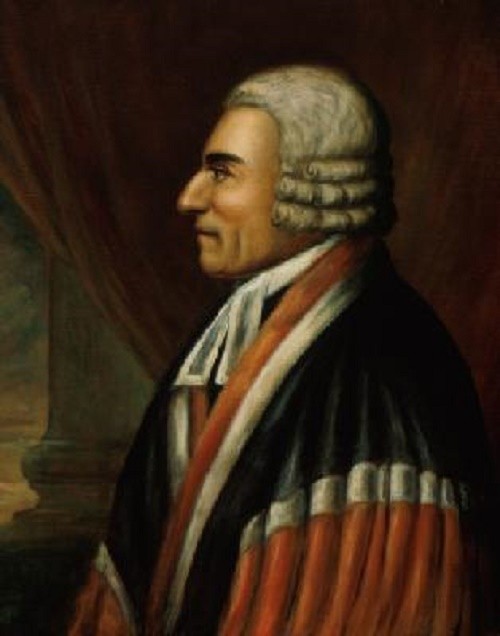



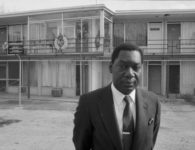
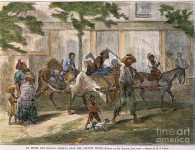
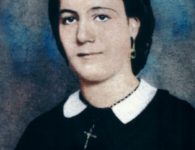
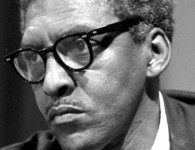

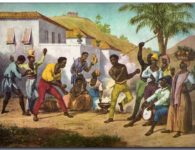
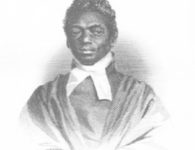
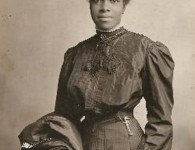
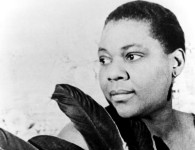
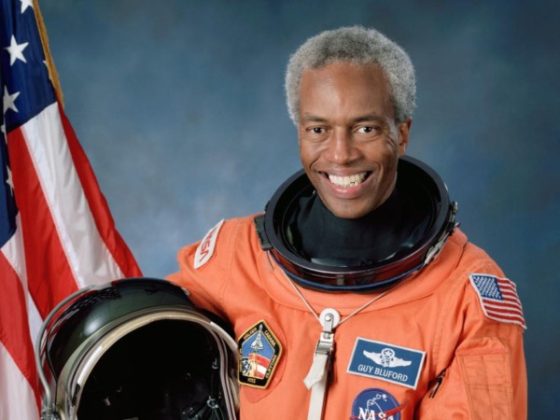
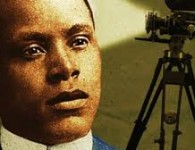
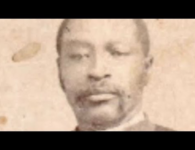
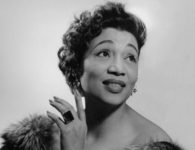
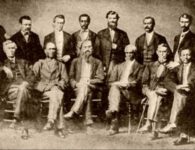
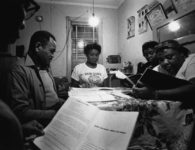

No comments